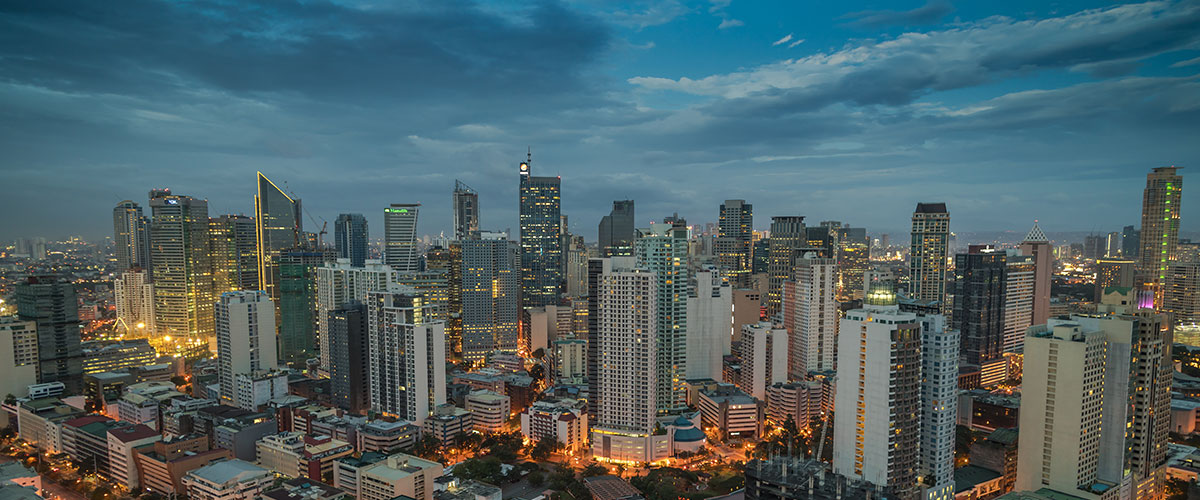Amidst the bountiful resources and natural beauty that the Philippines has been blessed with, comes the undeniable reality of disaster risks. And with the increasing impact of climate change, these risks are growing bigger. If we want to be truly sustainable as a country, we need to effectively manage our disaster risks and strengthen the resilience of our communities. Now!
True Resilience – Bouncing Forward Better
The Philippines has been consistently at the top of the World Risk Index partly because of our geographic location, but largely because we have yet to effectively address the issues that keep majority of our citizens exposed and vulnerable to disaster risks.

As we aspire to develop and push our economy forward, we need to program disaster resilience into our daily operations, otherwise we will constantly see our achievements washed away by every disaster that comes along. We cannot achieve sustainability if we are not truly resilient.
Being resilient means not just bouncing back after a disaster, but bouncing forward better — learning from previous disasters so that we can put in measures that make our communities less affected when another disaster hits.
Disaster Risk Reduction and Resilience
If we are able to effectively reduce our risks to disasters, we will be in a stronger position to bounce forward better. Disaster risk reduction fuels our resilience and so the natural starting point is ensuring policies and programs are in place to lessen the impact of our identified disaster risks.
There are many ways to achieve disaster risk reduction, but given the limited resources, we need to be strategic in our approach. More importantly, we need every stakeholder of a resilient Philippines to co-own this challenge and contribute to achieving our end goals.
Disaster Risk Reduction and the Private Sector
Given the size of our private sector and the abundance of its resources, the private sector in the Philippines (much like in the rest of the world) can contribute immensely to achieving national disaster risk reduction goals.
But why should the private sector get involved?
Because, businesses will not thrive if communities are constantly vulnerable to disaster risks. That is why it makes absolute business sense to invest in disaster risk reduction, not only for themselves, but for the communities they serve.
ARISE-Philippines, the local network of the global private sector alliance for resilient societies organized by the United Nations Office
For Disaster Risk Reduction (UNDRR), galvanizes the commitment and the resolve of the private sector in the country to help achieved risk-informed development through preparedness action and disaster risk reduction.
Join us and together, let us build a truly sustainable, inclusive, and resilient future for all of us.

